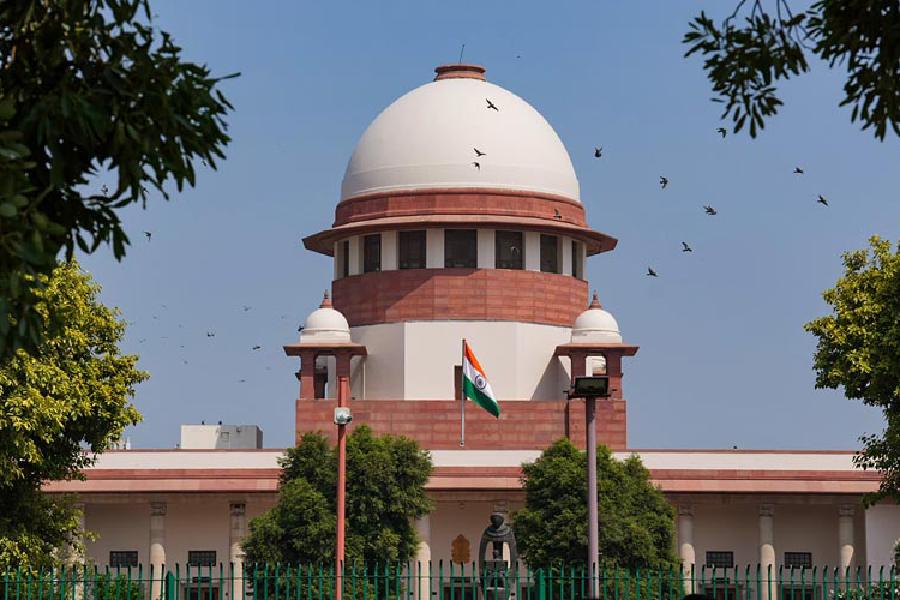The Centre has defended in the Supreme Court its power to limit the borrowing capacity of states on the ground that if states indulge in reckless borrowing the sovereign rating itself would come down and the “entire edifice of the federal structure in the country would collapse like a pack of cards”.
“If a State indulges in reckless borrowing to finance unproductive expenditure or poorly targeted subsidies, it will crowd out private borrowing from the market. This will lead to increase in the borrowing costs of private industries and adversely impact the production and supply of goods and services in the market,” attorney-general R. Venkataramani has said in a written note.
“Increases in the State’s debt servicing liabilities as a consequence of higher borrowing by it will reduce the availability of funds for development, leading to impoverishment of people and loss of State income, and hence also loss of national income. It may also engender various social and other problems.”
“Thus, if public finance is treated as a State-specific and not a national issue, the entire edifice of federal structure in the country would collapse like a pack of cards,” the note said.
The attorney-general had filed the note while seeking dismissal of a suit filed by Kerala last year which had accused the NDA government of targeting it for political reasons by reducing the state’s borrowing capacity to Rs 15,390 crore, thus reducing by half its borrowing limit, which it contended violated “fiscal federalism”.
The Centre through certain amendments carried out in 2018 to Section 4 of the Fiscal Responsibility and Budget Management Act, 2003, empowered the Central government to put a cap on the borrowing capacity of the states.
Defending the decision to put the cap, Venkataramani said that Kerala was one of the worst performing states in terms of fiscal discipline and the Centre was well within its constitutional powers to impose such restrictions.











